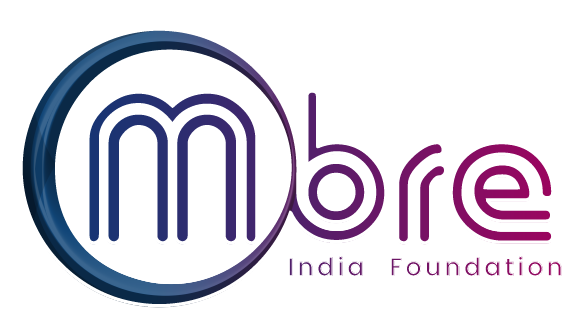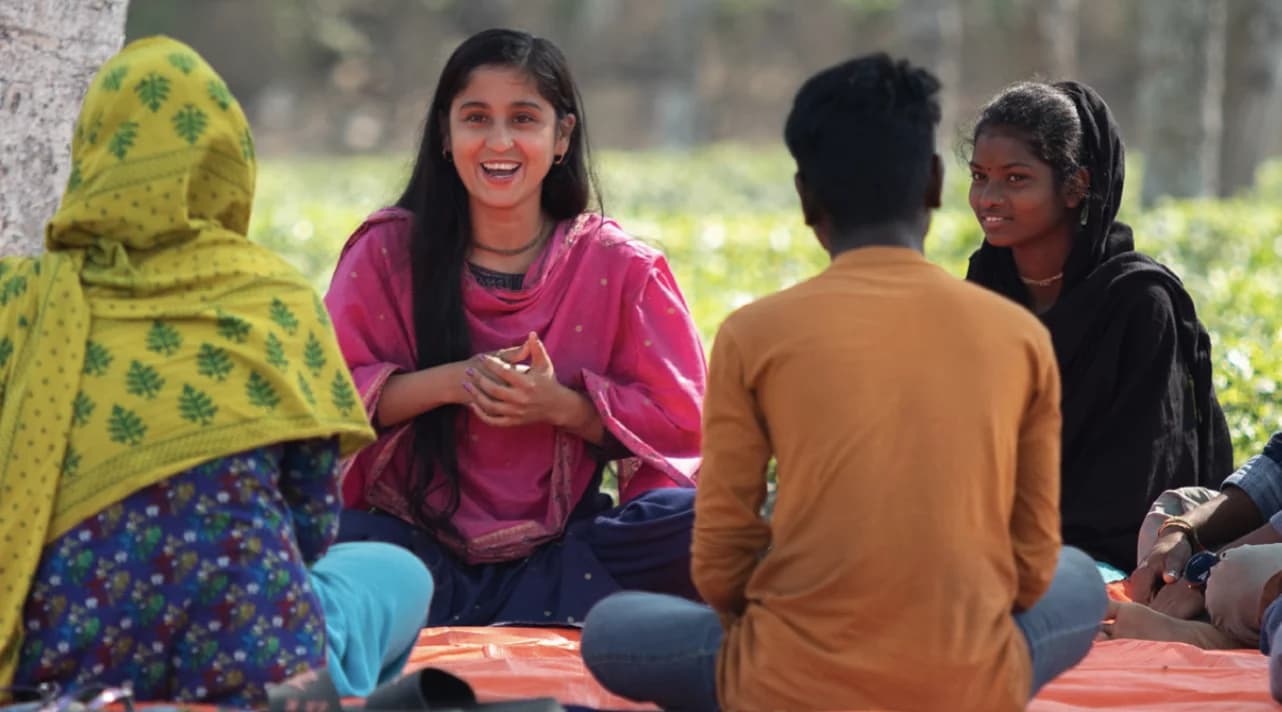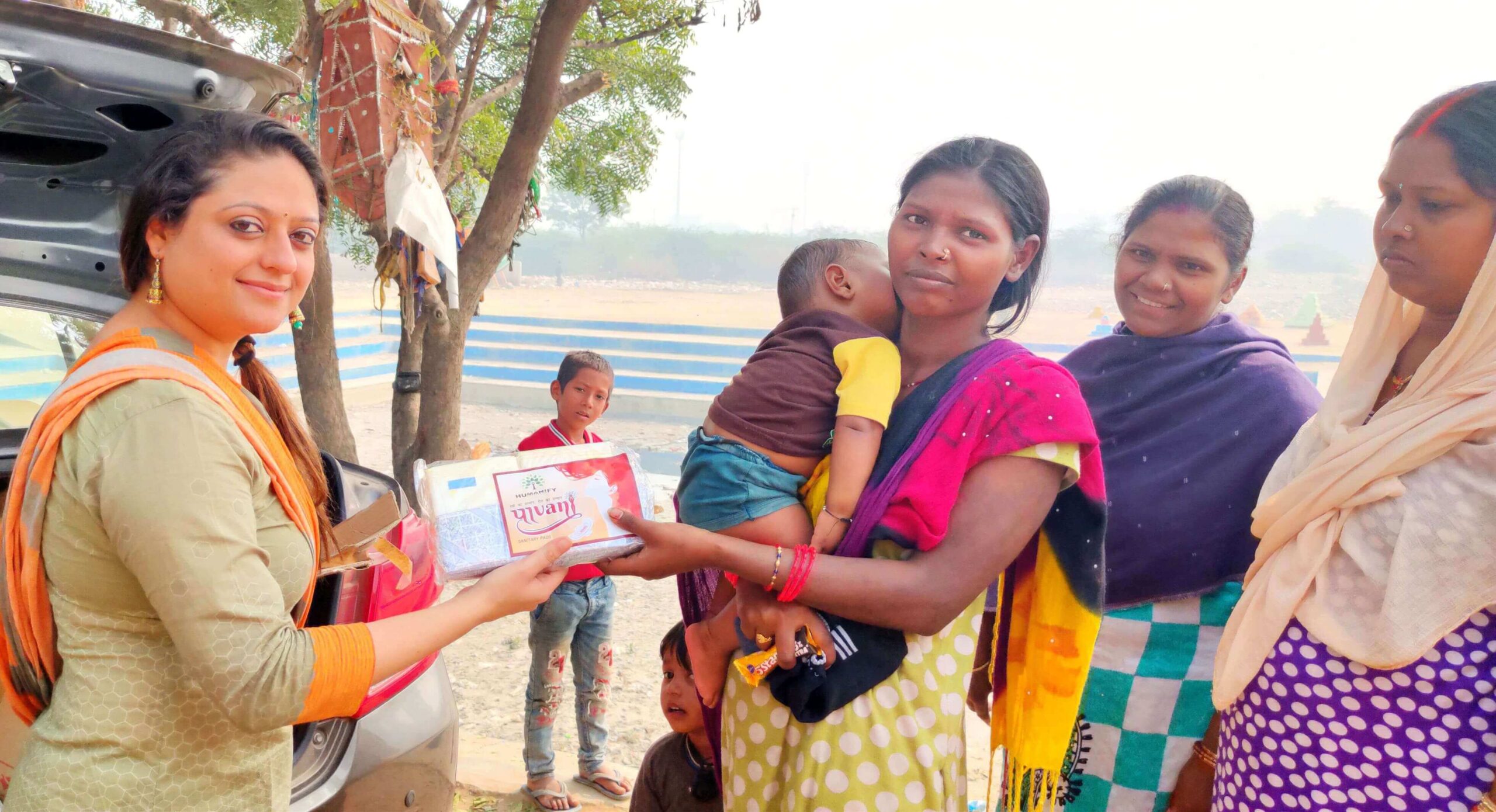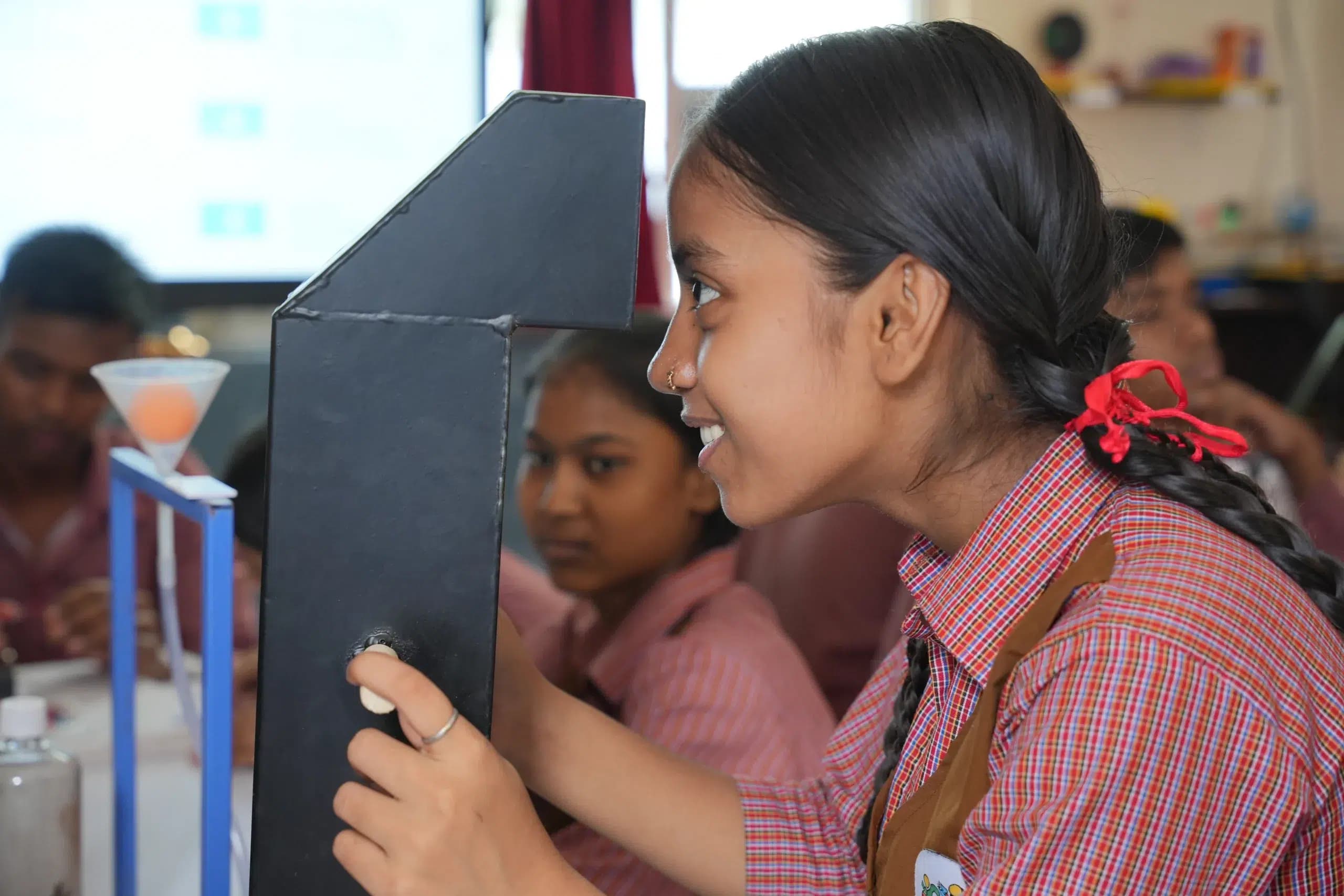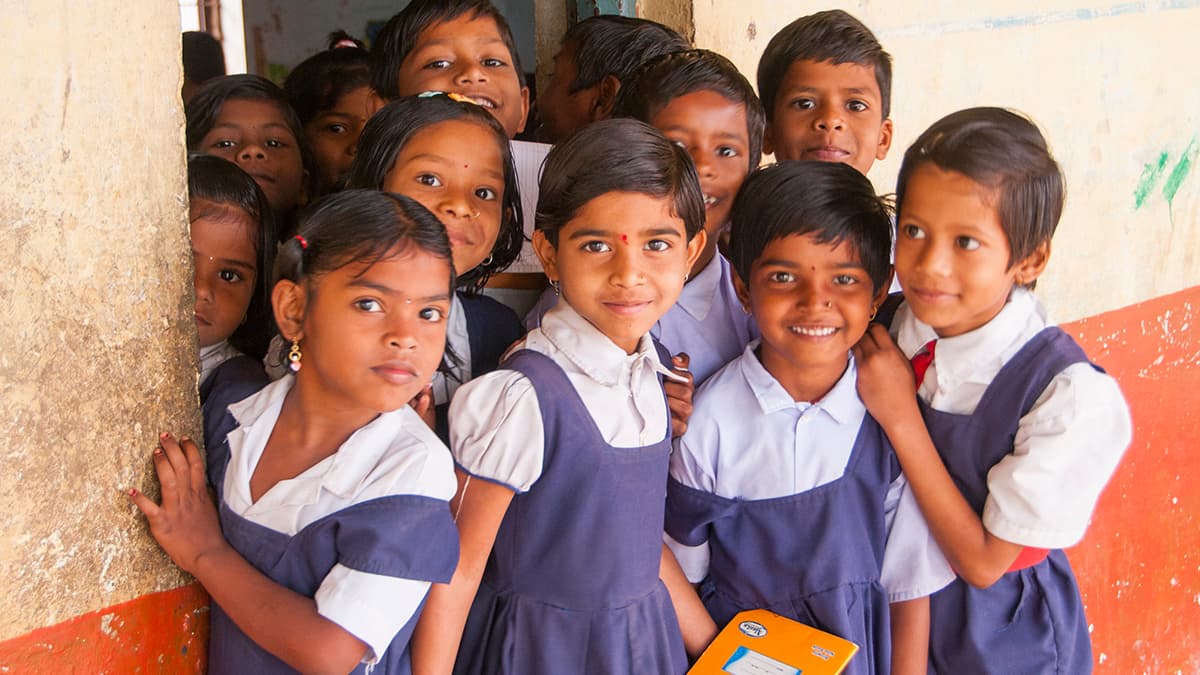In several areas of India, child marriage is a systemic social problem that continues to deprive so many girls of their childhood, education, and life possibilities.
Although laws exist to prohibit child marriage, families still practice early marriage because of poverty, social norms, or drives such as women not being educated or imaginative, which are rooted in educational and social stereotypes of women through cultures based on inequality and economic disparities.
Education has proven to be one of the most effective tools to disrupt the cycle of child marriage. Girls with an education tend to stay engaged in school longer, try to marry later, and learn many life decisions during this time of education.
Education does not just mean learning; it builds better knowledge, sparks confidence, and unleashes independence. When girls are empowered with education, it expands possibilities for girls, families, communities, and future generations, and it is the most powerful weapon to contend against child marriage.
1. Understanding the Root Causes of Child Marriage in India
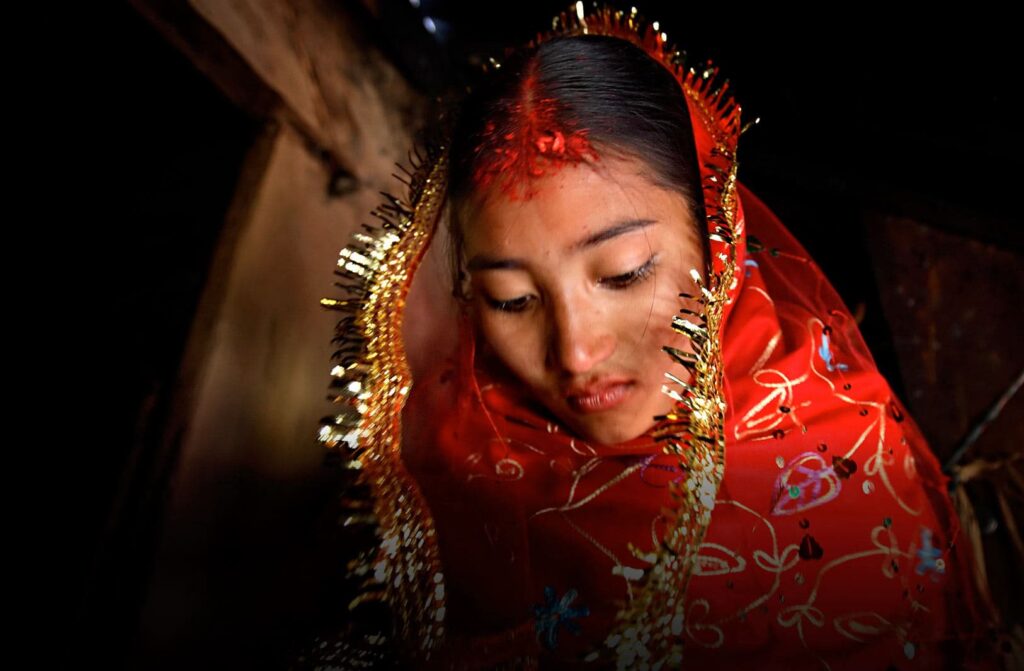
The complexities surrounding root causes of child marriage in India include poverty, gender inequality, social expectation norms, and lack of education and awareness.
In a society where economic ruin is socialized by gender, many rural and marginalized communities have viewed girls as economic burdens. Marrying off their daughter at a young age reduces economic burden or liabilities.
Cultural, religious, and superstitious beliefs often dictate marriage; furthermore, the fear of losing honor or safety also influences the events behind child marriage.
Parents justify the practice believing early marriages will protect their daughter from exploitations or shame. Despite many of these beliefs being illegal due to provisions in the law, they still exist today.
If families do not have access to quality education, the long-term effects of child marriage (early marriage, adolescent pregnancy, damaged educational opportunities) are often not understood and/or articulated, and prejudice and myths still weigh heavily on families.
Understanding root causes is essential for meaningful intervention efforts that go beyond legal frameworks that recognize child marriage, to targeted programs that undermine the logic behind child marriage, thinking and social structures that are normalized.
2. How Education Delays Early Marriage
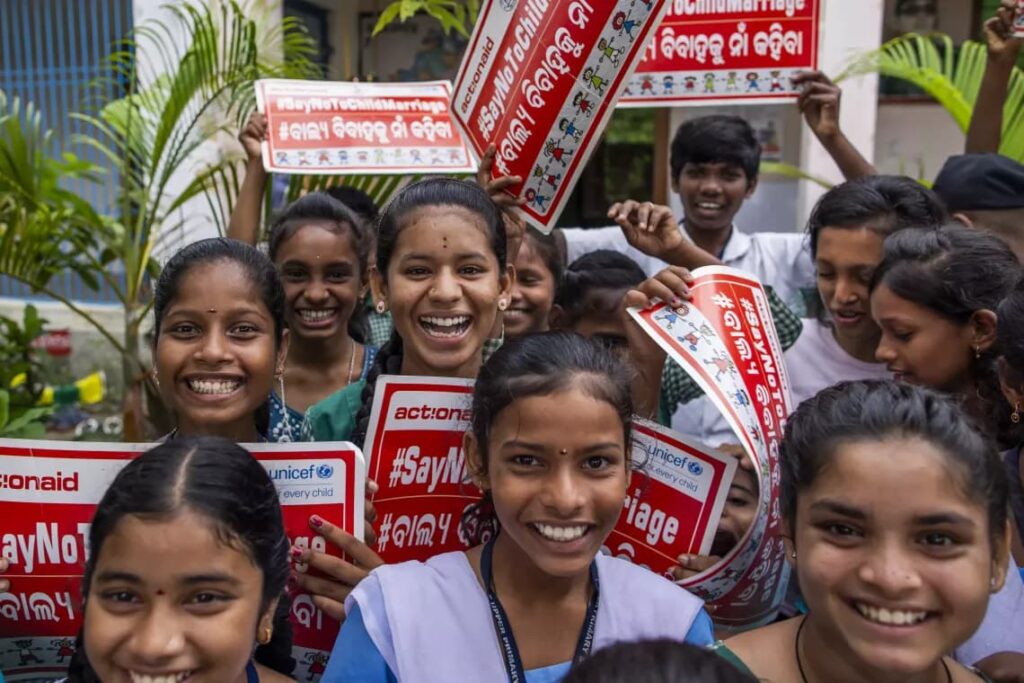
Education is immensely impactful in preventing early marriage by extending the time that a girl is attending school, and the process of changing her dreams.
The school structure effectively removes many of the social obstacles that facilitate the marriage of girls; once in school, the chances of a girl being forced into marriage at a young age decreases significantly.
The school setting serves as a protective mechanism by allowing girls to develop life skills, agency, confidence, and to create visions for their future. When a girl has received a level or quality of education, she is much more likely to pursue a career and then to make informed decisions regarding her health and relationships.
Education helps to reframe how families and community treat a girl: she is moving from being seen as a dependent on the family to developing into an independent identity. The longer a girl is in school, the more she is developing the agency to resist traditional norms, and using education as an avenue for thwarting child marriages.
3. The Ripple Effect: Educated Girls Transform Communities
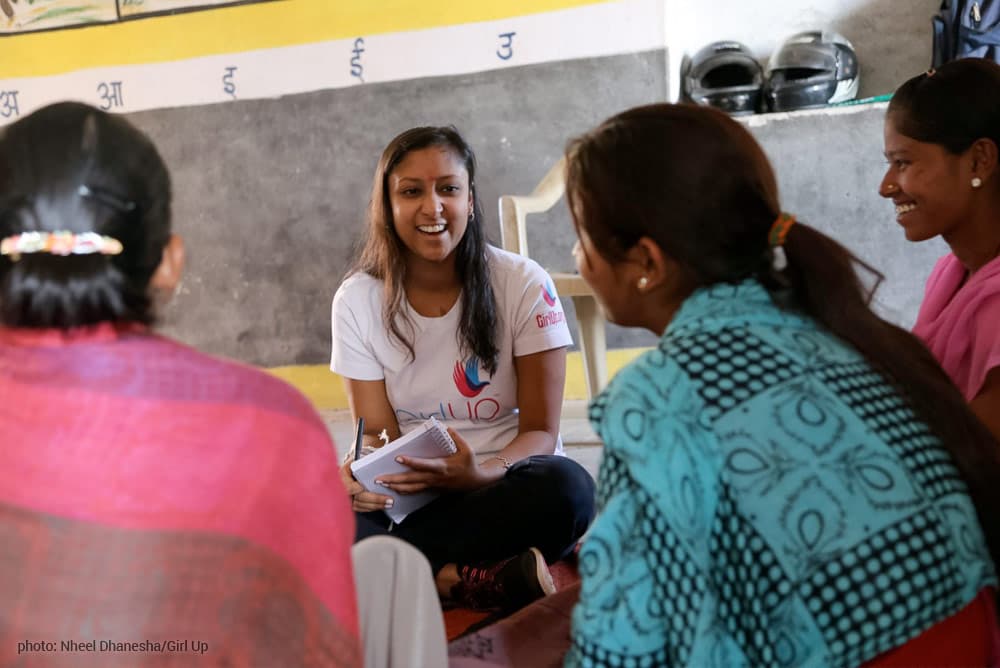
Girls’ education is not just a defense against early marriage, it has the potential to change entire communities. An educated girl can make significantly more money and as a result, she will be in a better position to help her family, and educate her children, breaking the cycle of poverty for her family.
She will be an informed, active citizen able to speak out against injustices, and demand equality. Areas that have higher rates of female education tend to have lower rates of child marriages, better maternal health, and a better living environment.
The changes that an educated girl will have will have systemic, ripple effects over time and impact generations to come. When we invest in a girl’s education, we are not only defending her rights, we are basically guaranteed sustainable development. Education is a long-term remedy with unparalleled outcomes.
4. Strengthening Education Systems to Combat Child Marriage
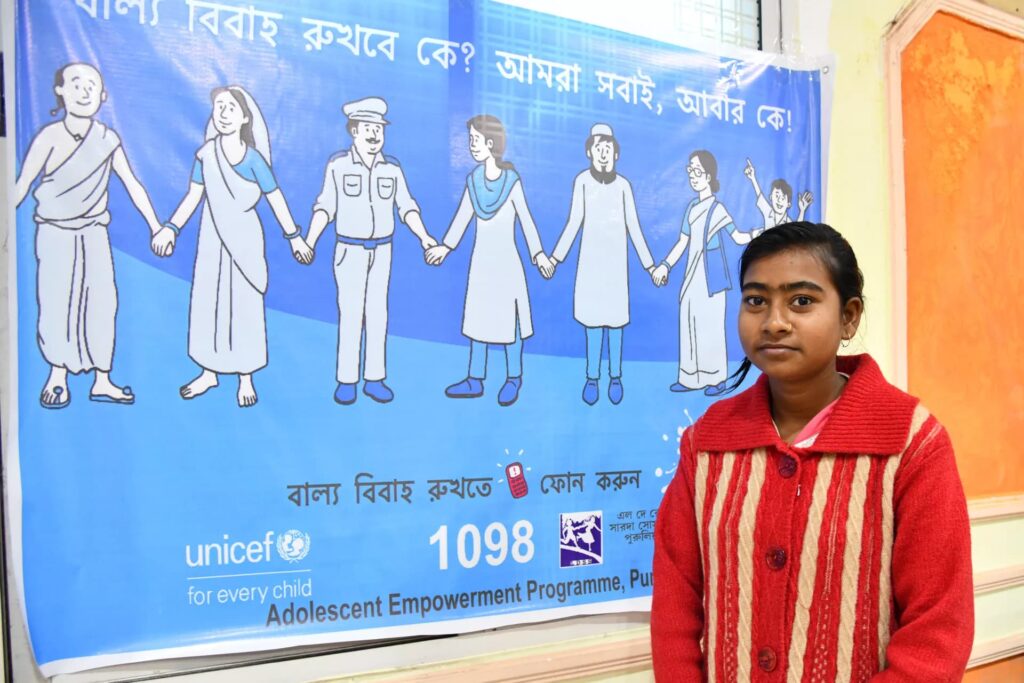
To effectively address child marriage through education strategies, India will need to strengthen its education systems, especially in rural and marginalized contexts.
This means improving school facilities, transport conditions, hiring trained female teachers, and providing scholarships and incentives to keep girls in school.
In addition, education must also be gender sensitive with an experiential, skills-based life skills education component that exposes girls to ideas that challenge harmful social norms.
Encouraging programs that actively engage parents and communities value and support girls’ education will further the impact. NGOs and government schemes must work together to make education accessible, inclusive, and relevant.
With a solid, supportive education system, we not only build a strong block against early marriage, we create more equal and just societies.
How Ombre India Foundation Works to End Child Marriage Through Education
The Ombre India Foundation believes that education can help break the cycle of child marriage. We work with vulnerable communities where early marriage continues.
In these communities, we raise awareness, support girls’ education, and empower families to make informed choices about their daughters’ education.
To do this, we create community learning centers, provide scholarships, and run regular workshops for parents and adolescents about educating girls and girls’ rights.
We work with schools, local leaders, and NGOs to ensure every girl stays in school rather than marriage. By ensuring girls feel safe and supported in their learning environments, we help them create positive futures for themselves. Join us in empowering girls through education—support our mission at Ombre India Foundation.
